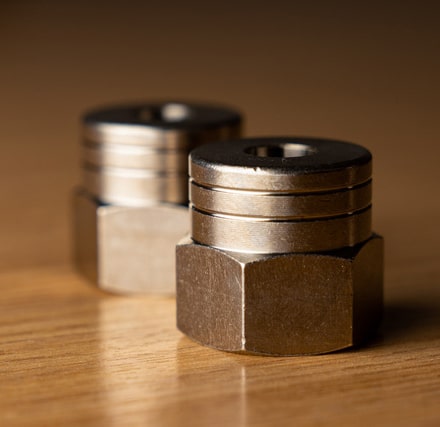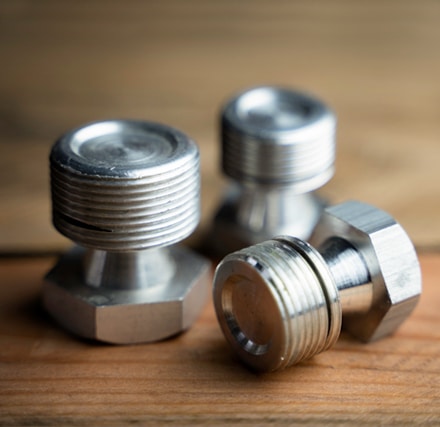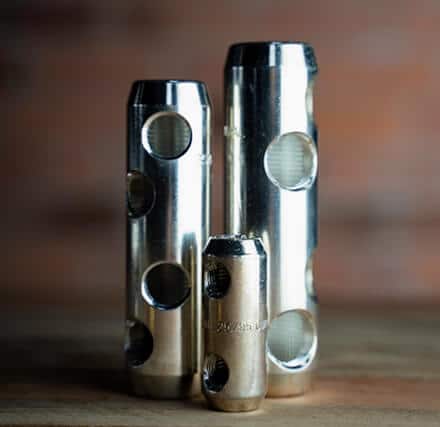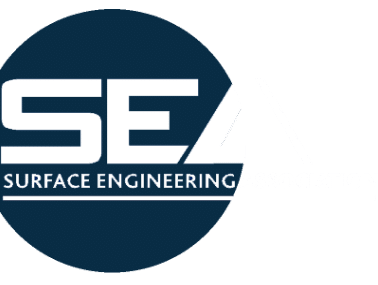
Electroplating is essential for the rail and transportation industry in the UK, if rarely for aesthetic purposes. Train and railway components are exposed to the elements on a round-the-clock basis and yet are expected to last for decades. This requires parts that are resistant to corrosion and oxidation, as well as ones that can withstand extremes of heat and cold. Since a rail network depends on accurate electronics and a reliable electrical system, conductivity is also a key concern.
Here at Karas Plating, we have been providing railway plating solutions to companies across the country for decades. We can offer professional advice on the best materials to use and the most appropriate application of those materials for the job in hand. We work with skill and precision to produce quality work that meets our clients’ exact specifications.
Benefits of Rail and Transportation Plating

There are many reasons to utilise electroplating processes in the rail and transportation industry.
Here is just a few of the more significant ones…
Corrosion Resistance

Railway lines and trains are susceptible to corrosion, simply by being exposed to the elements for prolonged periods of time. While the extent of corrosion can vary from place to place, effective plating solutions can mitigate rust damage caused by humidity and adverse weather conditions. Many plating techniques can help here, including zinc-nickel plating.
Wear Resistance

Train and railway parts are expected to last a lifetime. However, this can only be achieved with the right plating process to protect those components. Whether it is the wear and tear of everyday use, or the high-temperature environment found in a train engine, these parts need protection if they are going to last. We offer several solutions, including electroless nickel plating, to extend the lifespan of these components.
Friction Resistance

Like any large engineering project, trains incorporate a plethora of moving parts that are required to rub against one another as part of their method of operation. The friction that occurs as a result can lead to overheating, which can damage components as well as being a fire risk. Certain plating techniques, such as zinc-nickel coating, can resist friction and harden components at the same time, while zinc phosphate coating can improve the lubricity of any metal moving parts.
Conductivity

Control systems – both on the trains themselves and throughout the signal network – are relied upon to provide a safe mass transit system for the public. Their various electronic devices need to be fast and accurate to prevent collisions, particularly at junctions and multi-platform stations. Various plating processes are used on their electronic components to allow for improved conductivity, including gold and silver.
Reduction of Electromagnetic Interference

Mass transit systems such as railways often generate large levels of electromagnetic interference (EMI) and require appropriate shielding to protect their on-board computers and control systems. These EMI shields are usually made of steel, with an appropriate coating to prevent interference – usually one of tin or copper.
Common Techniques Used in Rail and Transportation Plating

As we discuss above, there are many applications of plating in the rail and transportation industry. These are some of the most popular metal finishes among our clients in the sector…

As well as providing excellent protection against wear and corrosion, nickel plating can be added in multiple layers to create an even more durable barrier.

Commonly used for circuit boards, gold offers excellent conductivity for electronic devices, such as control systems and is used both on trains and in static control rooms.

Tin plating has multiple uses in the rail and transportation sector. Not only is it corrosion resistant, it is also highly durable, performing well in high-stress situations. Dull tin plating in particular is an effective material for creating EMI shields.
Our Accreditations

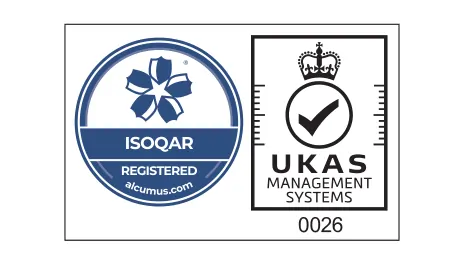
ISO 45001:2018 – Health & Safety
ISO 45001:2018 is the international standard for Occupational Health and Safety Management Systems (OHSMS), replacing OHSAS 18001. By working to this standard, we protect the health, safety, and wellbeing of our employees, visitors, and anyone affected by our operations
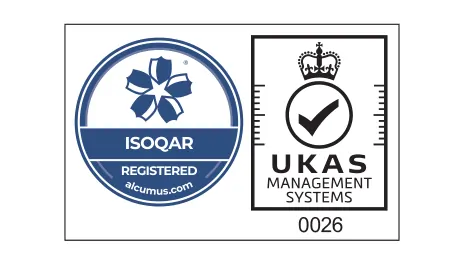
ISO 14001:2015 – Environment
ISO 14001 is an internationally recognised standard that sets the requirements for an environmental management system (EMS). By working to the ISO 14001:2015 standard, we improve our environmental performance through the efficient use of resources and waste reduction, while strengthening our position and building trust with our stakeholders.
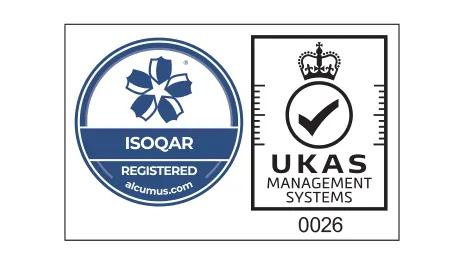
ISO 9001:2015 – Quality
ISO 9001 is the international standard for Quality Management Systems (QMS). By working to this standard, we strengthen our practices to meet the needs of our customers and stakeholders, using a framework that drives continuous improvement. It ensures we deliver consistent quality in our electroplating services through the correct application of a QMS.



